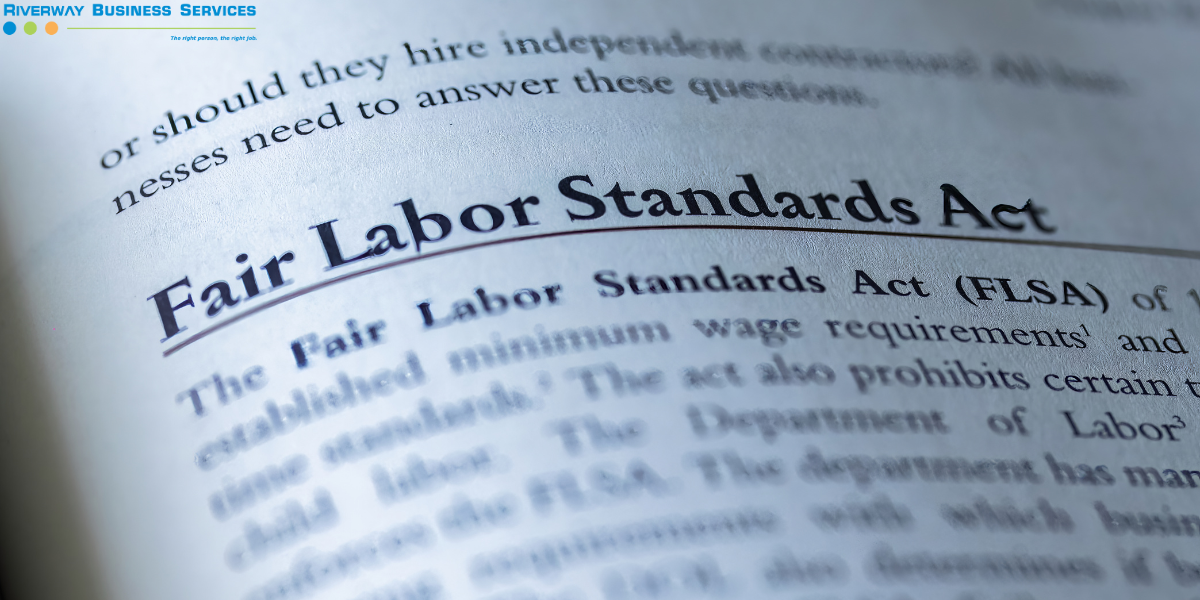Understanding the FLSA Overtime Rule Update
The Fair Labor Standards Act (FLSA) is a fundamental piece of legislation that governs labor practices in the United States. One of its key provisions is the regulation of overtime pay. Recently, there have been significant updates to the FLSA overtime rules in Texas. Understanding these changes is crucial for both employers and employees to ensure compliance and fair compensation.
What Changed in the FLSA Overtime Rule
Starting July 1, 2024, the Department of Labor will increase the standard salary level from $684 to $844 per week, which translates to an annual salary of $43,888. Then, on January 1, 2025, the standard salary level will rise again to $1,128 per week, equivalent to $58,656 annually.
The minimum annual compensation level for highly compensated employees to be considered exempt from overtime pay requirements will increase from $107,432 to $132, 964. On January 1, 2025, the highly compensated employees’ minimum annual compensation level will increase from $132,964 to $151,164.
In addition to the salary threshold increase, the DOL has also made it more difficult for employers to use bonuses and commissions to meet the salary level test. Under the new rule, only a portion of certain bonuses and commissions can be counted towards the salary threshold.
Key Changes in the FLSA Overtime Rule
The updated FLSA overtime rule includes several important changes:
Increased Salary Threshold: The salary threshold for exempt employees has been increased. This means that employees earning below this threshold are now eligible for overtime pay, regardless of their job duties.
Automatic Updates: The new rule includes provisions for automatic updates to the salary threshold every three years. This ensures that the threshold keeps pace with inflation and changing economic conditions.
Bonuses and Incentive Payments: Employers can now use nondiscretionary bonuses and incentive payments (including commissions) to satisfy up to 10% of the new standard salary level.
Impact on Employers
Compliance: Employers need to review and adjust their payroll practices to comply with the new salary threshold. This may involve reclassifying employees and updating compensation packages.
Budgeting: The increased salary threshold may require adjustments to budgets to accommodate higher payroll costs. Employers should plan for these changes to avoid any financial surprises.
Record-Keeping: Accurate record-keeping is essential to demonstrate compliance with the updated FLSA rules. Employers should ensure that all time worked by non-exempt employees is properly tracked and recorded.
Preparing for the Transition
To smoothly transition to the updated FLSA overtime rules, employers should take the following steps:
Review and Audit: Conduct a thorough review of your current employee classifications and salaries to identify those affected by the new rules.
Communicate: Clearly communicate any changes in classification, salary, or overtime eligibility to your employees. Transparency is key to maintaining trust and morale.
Training: Provide training for managers and HR personnel to ensure they understand the new rules and can effectively manage compliance.
Navigating the complexities of the FLSA overtime rule update can be challenging. Our team of experts is here to help you ensure compliance and make the necessary adjustments to your payroll and compensation practices. If you have any questions or need assistance, don't hesitate to contact us.


